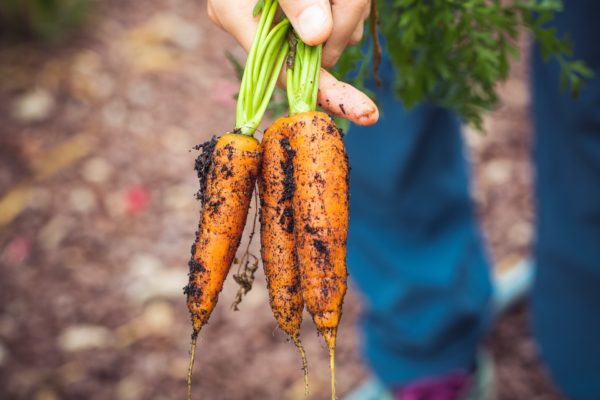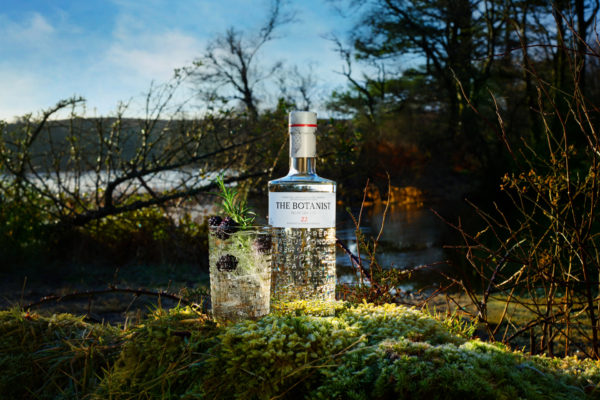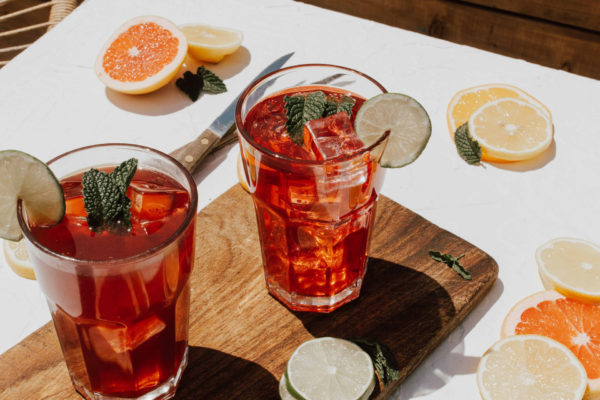Beers For Fears: How The Climate Crisis Will Impact Your Pint
By
2 years ago
Beer is changing – and not necessarily for the better
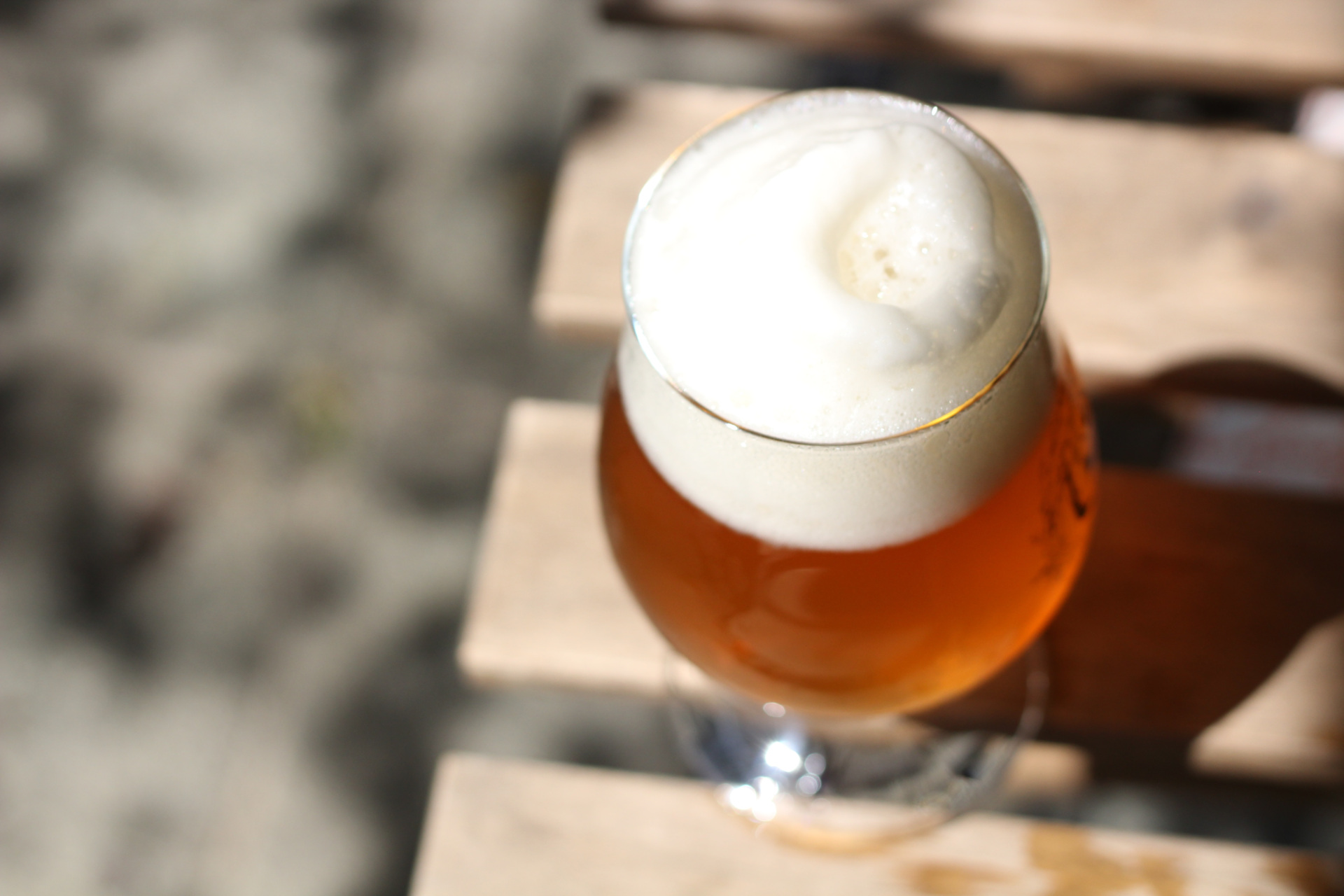
If there’s one thing Brits love – aside from a strong cup of tea – it’s a trip down to the pub. And the drink of choice? A pint, of course. But while we enjoy beer now, this happy hour signature could soon fall victim to the climate crisis.
The Impact Of Climate Change On The Beer Industry
It’s no secret that the climate crisis has been wreaking havoc on the natural landscape, with hotter weather contributing to forest fires, inhospitable soil and ruined crops. The latest agricultural victim on the list is European hops, the main plant ingredient used in the creation of beer.
Good beer has a distinctly bitter, malty flavour profile – and it’s hops that gives the drink its signature taste. The quantity of hops grown in Europe, however, is steadily declining as a result of climate change. A study conducted by scientists from the Czech Academy of Sciences (CAS) and Cambridge University revealed that the average yield of aroma hops dropped by nearly 20 percent between the two periods of 1971 to 1994 and 1995 to 2018, with hotter, longer and drier summers predicted to worsen the situation further going forward.
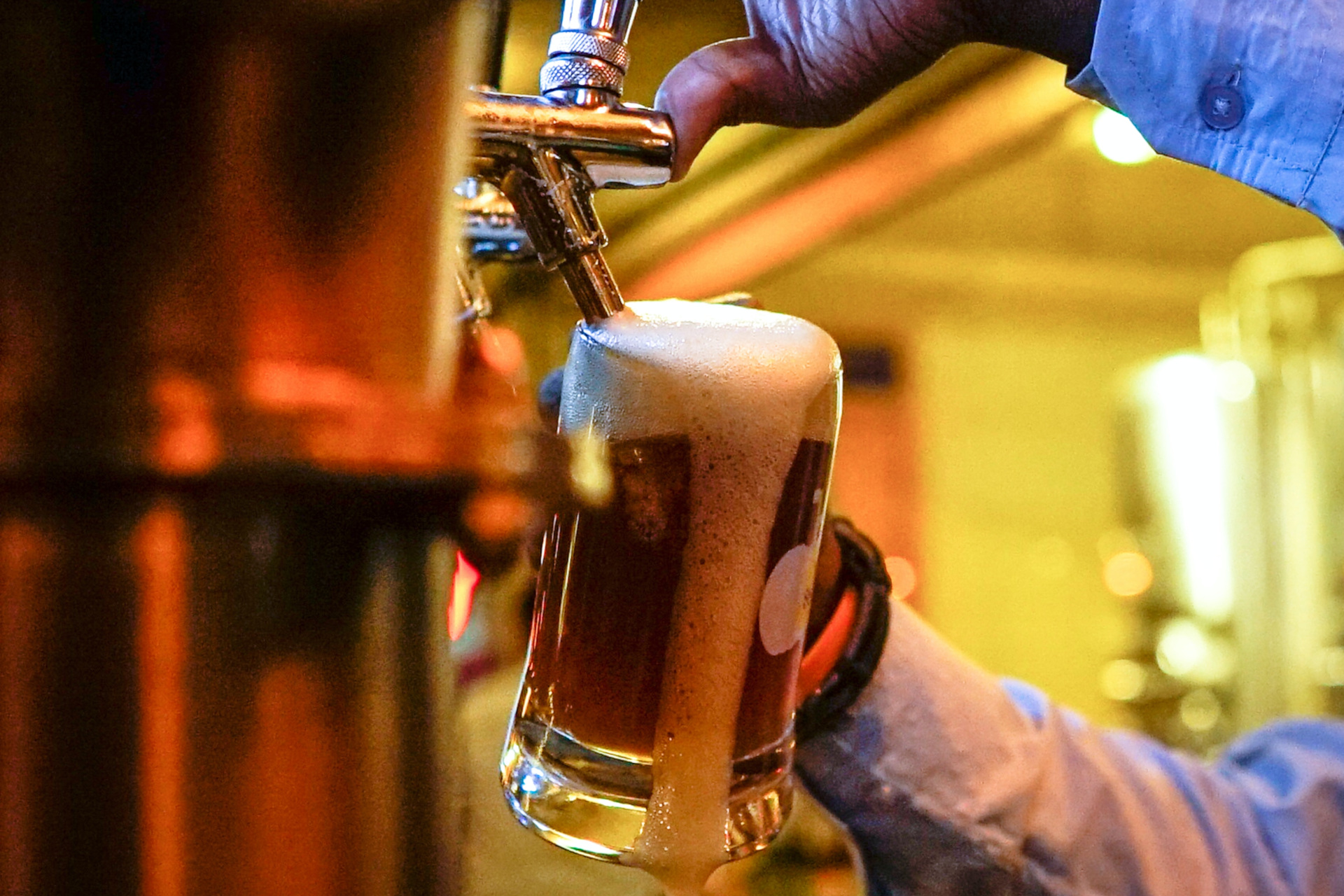
(c) Poojitha Prasad, Unsplash
So how does this impact the beer industry? Well, it’s the flower of the hop plant that is added to beer during the brewing process alongside water, yeast and salt, either before boiling to add bitterness or after boiling to alter the overall flavour. There are currently more than 19,000 brewing companies in the world, backed by a demand for quality beer – meaning a lot of hops is needed to keep the industry going.
The scientists who conducted the aforementioned study noted that while there is a steady decline in the volume of hops produced, they found that the alpha bitter acids in hops (the bit that changes the flavour of beer) had also reduced as a result of climbing temperatures. It is predicted that these bitter acids will reduce by up to 31 percent by 2050.
The decline of quantity and quality when it comes to hops means that, going forward, there simply won’t be enough to go round – meaning we’ll likely end up with more expensive and worse-tasting beer.
Growers have been urged to adapt their farming techniques, with some moving farms higher up valleys for more rainfall and installing irrigation systems, but the scientists on the study have warned it likely won’t be enough. ‘Failure to adapt will jeopardise the profitability of hop growing in some areas,’ said Martin Mozny, co-author of the paper and research scientist at CAS. ‘The consequence will be lower production and a higher price for brewers.’
Is this the end of the pint?
Featured image: Monica di Loxley, Unsplash





